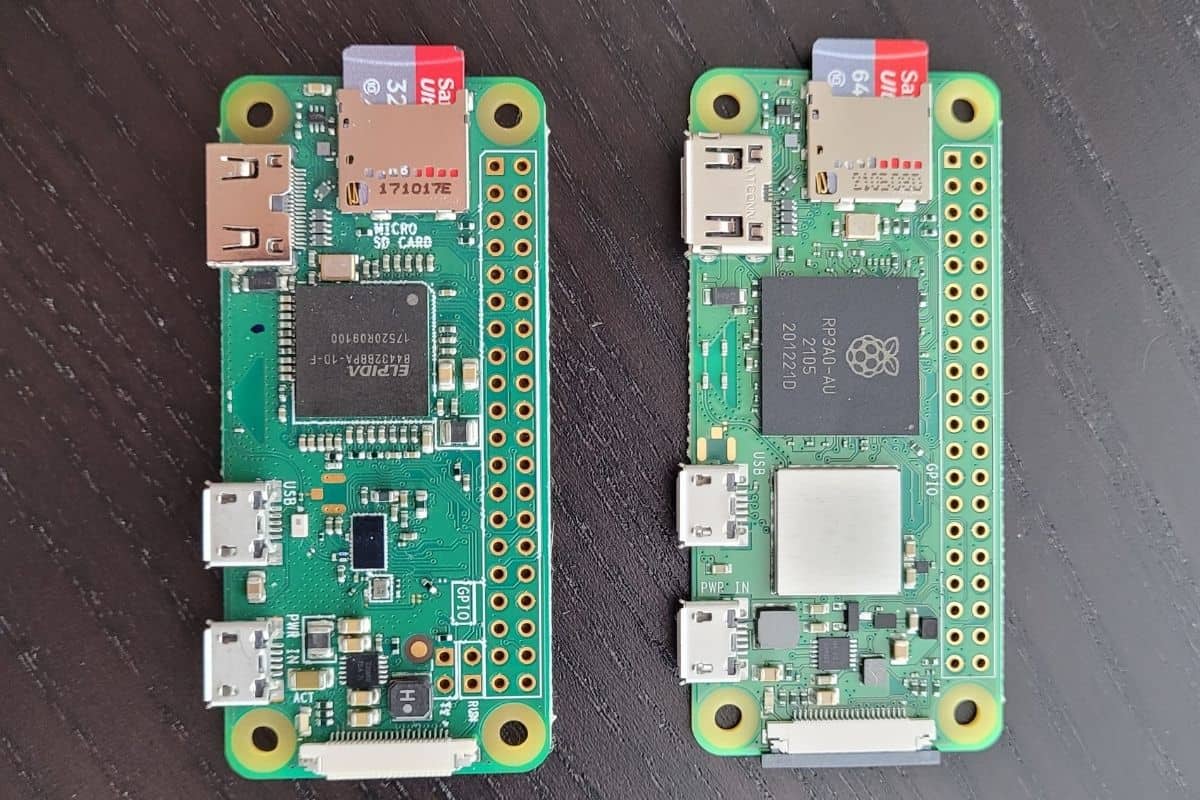I am interested in the Pi-Zero sized boards. With or without GPIO header soldered on.
I have tracked the original Pi-Zero and it used armv7 and I refrained.
Then came Pi-Zero-2 which upgraded to arm64 processor but it gained a wifi chipset. I prefer wired ethernet. So I refrained.
Both Pi-Zero are supported on FreeBSD I believe.
What about other clones? BananaPi-Zero, Orange-Pi-Zero and Raxda-Zero. Is anybody using a Zero-Clone on FreeBSD?
I am going to take the dive on a Raxda-Zero-3E. It has the feature set I want.
You can get a 1-Gig version for 20 bucks. 4-gig version $32. Zero cases seem somewhat interchangeable.
What are the chances of it working? We have u-boot support for RK3566 I would hope it works like Rock3B.
I have tracked the original Pi-Zero and it used armv7 and I refrained.
Then came Pi-Zero-2 which upgraded to arm64 processor but it gained a wifi chipset. I prefer wired ethernet. So I refrained.
Both Pi-Zero are supported on FreeBSD I believe.
What about other clones? BananaPi-Zero, Orange-Pi-Zero and Raxda-Zero. Is anybody using a Zero-Clone on FreeBSD?
I am going to take the dive on a Raxda-Zero-3E. It has the feature set I want.
You can get a 1-Gig version for 20 bucks. 4-gig version $32. Zero cases seem somewhat interchangeable.
What are the chances of it working? We have u-boot support for RK3566 I would hope it works like Rock3B.
Last edited:


